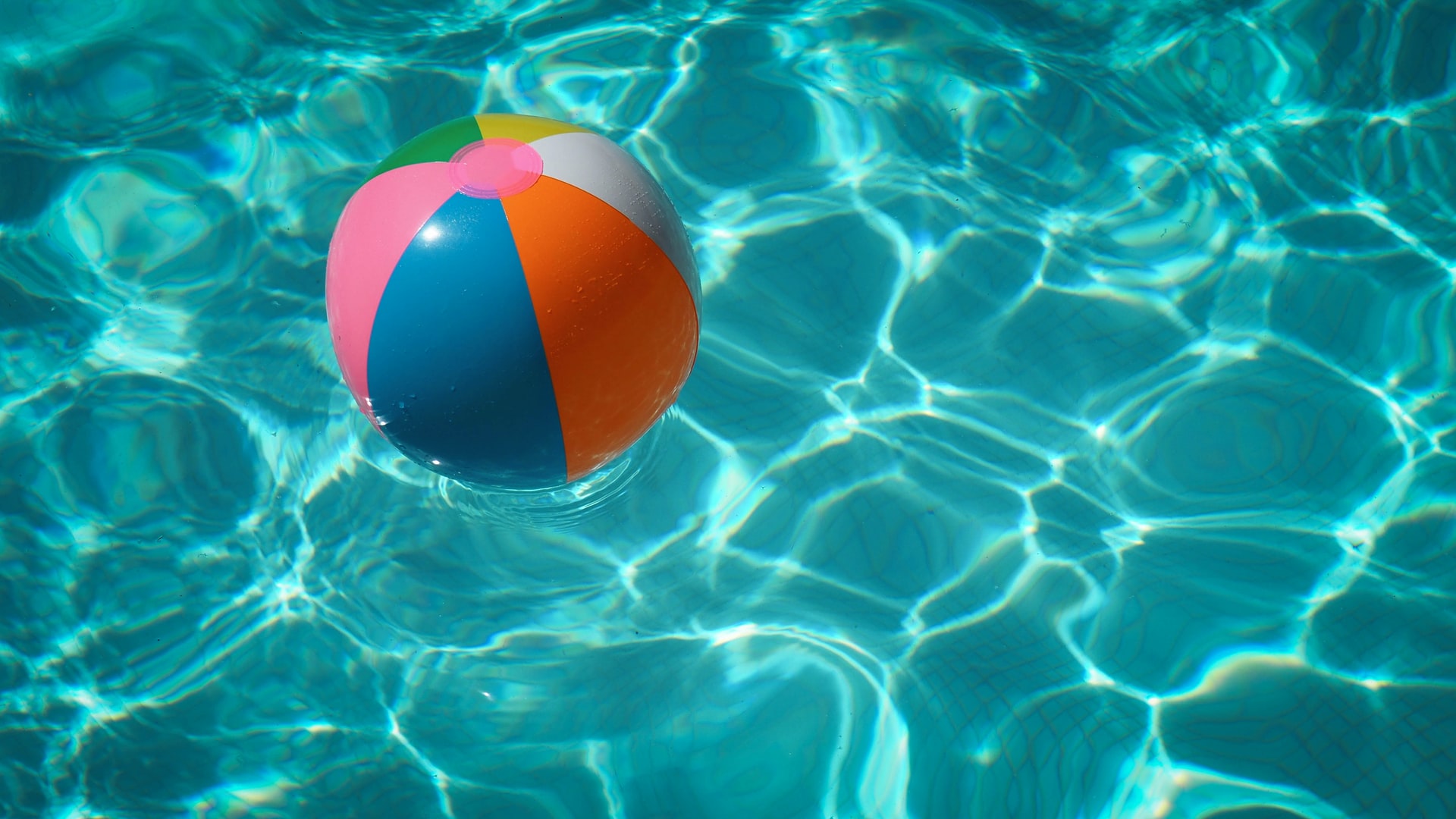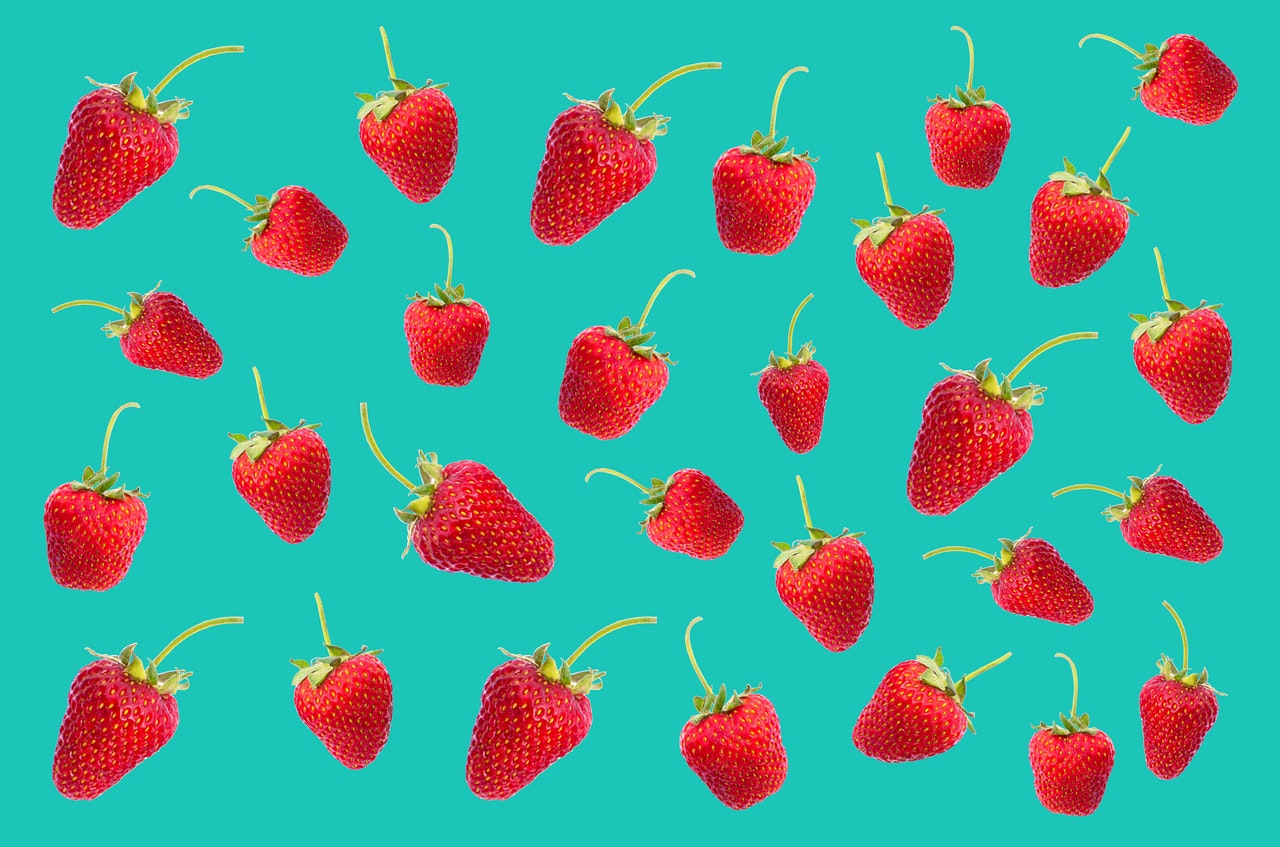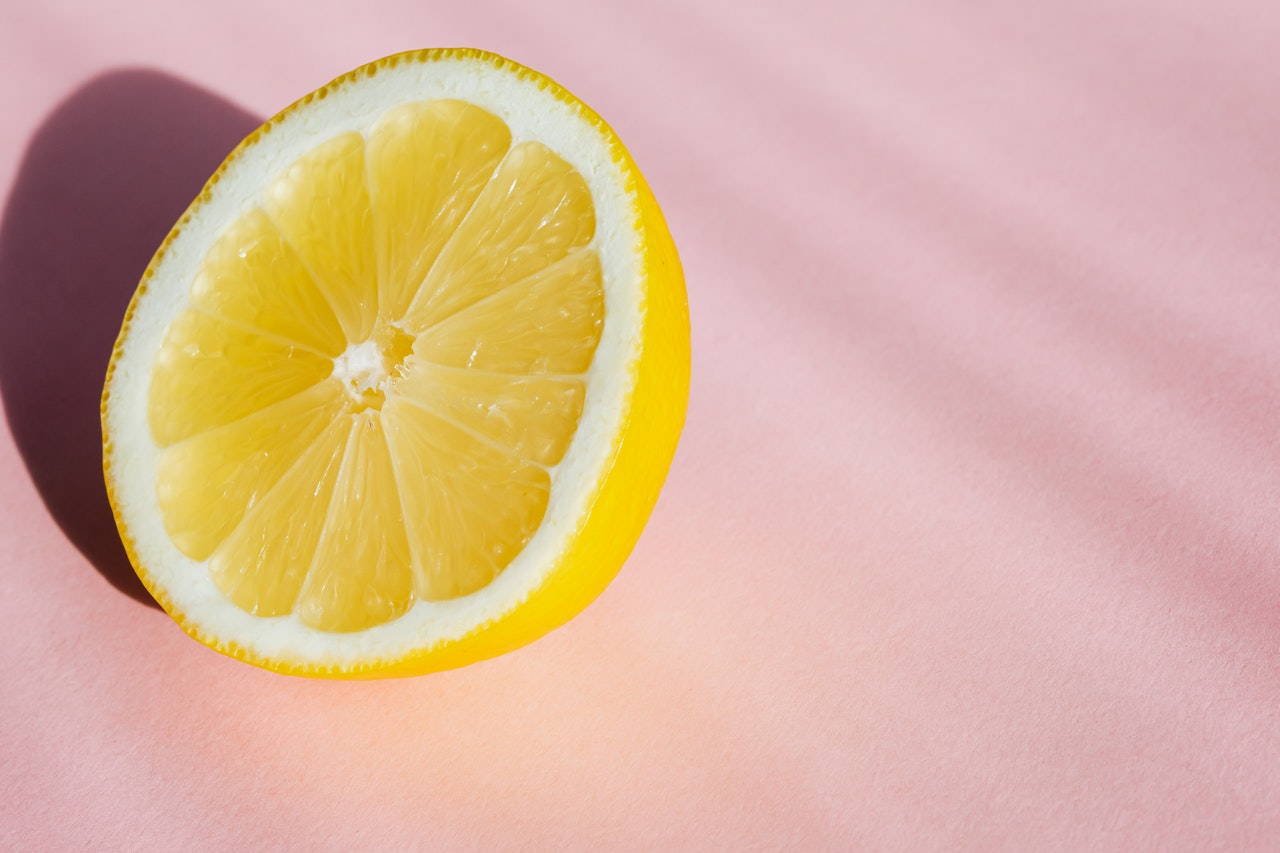- Simmi Shirwaikar, L.Ac928 Broadway
Suite 1205
New York, NY 10010(917) 478-0627 Clinic Hours
Tue8am - 5pmWed8am - 1pmThurs8am - 5pmFri8am - 1pmSat9am - 2pmBy Appointment Only
-
Latest Articles:
- • Add These 10 Immune-Boosting Foods to Your Fall Diet •
- • Keep Your Skin Healthy and Glowing with these Fall Skincare Tips •
- • Beat End of Year Burnout with these Fall Self-Care Rituals •
- Sign up to receive news and updates and get my free report:“The Top 10 Reasons to Try Acupuncture”

Health WellNews
Breathwork in Lung Season
Breath is the link between the universal life force and our physical existence. It is thought of in ancient traditions as our link to the divine. The rhythm of the breath mimics the primal rhythm of the universe, the natural ebb and flow, the yin and yang. It is one of the most important tools we have in life and Autumn is the perfect season to tap into this sacred power.

Autumn is the season of the metal element which highlights the important functions of the Lung and its TCM counterpart, the Large Intestine. The Metal element is about refinement and elimination, taking in what the earth gives us, refining it and then releasing what is not needed. Breath is a perfect example of this as we inhale the air and purify it for use in the body. We then exhale carbon dioxide and other waste gases, which will in turn be used by the environment. The large intestine has a similar role in that it separates the fluid from processed food waste, and recycles that fluid back into the body while eliminating the leftover impurities.
In Chinese Medicine, the lungs open into the nose, where the refinement of air begins. Cells in our nose trap debris to prevent it from entering the lungs. Further purification of the air we breathe happens in the lungs as the oxygen is separated out, transferred to the blood and converted to the qi that the body uses for all activity.
Mystics of many traditions talk about the practice of controlling your breath in order to become a master of your qi/prana/life-force. Through the power of breathwork, you can dissolve impurities, awaken the spirit, and experience radiant health. And it all starts with the practice of simply noticing the breath in order to develop a conscious awareness of our breathing patterns. This practice of breath observation in qi gong (energy cultivation) is called normal breathing. Once we have learned how to calmly pay attention we can try what’s called abdominal breathing or “breathing like a buddha”.
ABDOMINAL BREATHING
First of all, posture is important in breathwork, so as you’ve noticed the pattern of breath while simply observing yourself, you may have also noticed your posture. Now is the time to make slight body adjustments to open up your own internal flow. It’s a good idea to gently stretch your whole body: legs, neck and back with special attention to your arms as the lung meridian runs along the inside of your arms.
You may have also noticed that normally your breath is shallow. Most adults tend to breathe from their chest. The purpose of abdominal breathing is to allow for a full breath, bringing more oxygen into the body to nourish the tissues and organs. It also slows the heart rate and calms the mind. This helps to bring the whole body/mind/spirit complex into harmony.
Now sit or stand up in a comfortable but not hunched position and start with some slow breathing. Place your right hand on your lower belly ( called the lower dantian in qi gong) and your left hand on your chest. Relax any tension in the body, and listen to the sound of your breathing. Inhale deeply from your diaphragm, while expanding your belly to allow air to sink down, allowing your chest and ribs to expand. Relax your abdomen while you do this, and gently, without force, breathe through your nose while lips are lightly touching, and the tongue rests against upper teeth and palate. Exhale completely through the mouth. Continue this slow breathing for at least 9 inhales and 9 exhales.
Qi gong offers more breathing techniques such as reverse breathing, complete breathing, and alternate nostril breathing but abdominal breathing is a great place to start to support your metal element during the Autumn season and throughout the year.
For more guidance with your building your qi this Fall, schedule an acupuncture session to open your channels and get the most out of the season!
The Joy Of Healing: How Summer Fun Heals the Heart
What comes to mind when you think of summer? For me, it stirs up nostalgia of childhood feelings of freedom, knowing that those endless days were all mine to fill with family and friends as we shared the sunshine. While “adulting” doesn’t always leave room for that kind of freedom, the promise of summer still gives us so much to celebrate.

In TCM, summer belongs to the Fire element. It is about expansion, outward expression, activity and joy. The heart is the ruler of this time. It houses the shen, or spirit, and this is the time to let the spirit dance and frolic and feel as free as possible. With the fire element in balance, the heart is happy, the mind is clear and the body maintains health with a blend of movement and stillness, excitement and peace. Summer is nature’s way of healing the heart by providing the ideal setting for all things heart-related!
So get pumped up for summer and all the healing it brings via:
Sunshine
What better way to bask in the healing power of summer than by soaking up the healing rays of sunshine. Obviously stop before you get burned, but don’t be afraid to feel that shine and let it in. When UVB rays hit human skin, they help to produce Vitamin D3, which reduces risk of heart disease, stroke, and hypertension . Those same UVB rays cause the skin to release beta-endorphins which promote natural pain-relief and a sense of well-being. Sunlight also helps the body to release nitrogen oxides, which opens up arterial flow and have anti-inflammatory effects. The exposure to sunlight is also required to set our natural circadian rhythms which regulate our sleep and wake cycles. For those of us who experience cold winters, the warmth of sunshine is one of the most welcome feelings and one of the best ways to support our fire element.
Activity
The energy of summer in Chinese medicine is considered very yang in nature. Fire is the element of extreme yang, and has a radiating, dispersing power. Think of the lively dance of fire burning. This is the time to move, get our heart pumping, and blood circulating. This is time for focusing on cardiovascular health! Summer makes this a much more inviting task with outdoor sports, swimming, hiking, or simply a walk on a warm summer night. And don’t forget to dance..never forget to dance.
Beauty of the Season
Taking care of the heart in Chinese Medicine includes making the spirit feel at home in the heart and the spirit craves beauty. Look at how the earth changes in summer. Flowers bloom, colors come alive, birds sing; there is art and music everywhere. This is a time for aesthetics and we all have our own taste. Get out and enjoy whatever stimulates your mind and heals your heart. Admire nature’s sunset paintings, smell the sweet perfume of the flowers, and let your spirit sing with the sounds of the season. Celebrate your own creative expression along with the energy of the season.
Community
The sound that belongs to the heart according to TCM is laughter and the emotion is joy. It’s no wonder that joy feels best when shared. It’s also no wonder that researchers have found that the quality of family relationships and social connection is a strong factor in heart disease prevention. So, as summer provides the warm inviting opportunities to get together, treasure your family and friends (and pets!) and find ways to connect, laugh and share your joy!
So, what are you doing this Summer? We’d like to know.
One thing that I may suggest, would be to get yourself back in here for an acupuncture summer-time tune-up! That’s one of the easiest ways that we can help manage your health and well-being. Give us a call today to schedule up your tune-up.
Summer’s Bounty
Diet Tips for Staying Balanced in the ‘Great Yang’ Season
The Great Yang season is upon us. Yang energy is bright, fiery and hot like the midday sun. Yang is the counterbalance to Yin. Yin is expressed in the cooling, calming energies of life. Together, Yin & Yang, like night & day, represent the dynamic balance between the opposing, but complementary forces that make up all of existence. These forces are ceaselessly intermingling in a sacred dance of life’s cycles. The cycle of the seasons is a perfect demonstration of this balance in motion, and as we turn the corner into summer, we reach a pinnacle in the cycle, the summer solstice. Summer is known as the “Great Yang” season because of this peak in the yang energy: the sun (ultimate yang energy) is closest to the earth and the day (yang time) is the longest at this time of year.

We, as humans, are part of nature, so these forces exist in us just as in our environment. With each changing season, Chinese Medicine offers lifestyle guidance to tune our own energy cycles to the world around us so that we can live in health and harmony.
One of the branches of this ancient medicine and health philosophy is dietetics. There are a number of simple things to consider when adjusting your diet to the energy of the Great Yang season.
In Season Fruits/Veggies/Herbs:
Time to hit the farmer’s market! It’s vital to interact with your natural environment through the food it offers. Summer is full of fresh fruits, vegetables and herbs that help to keep you hydrated, and to disperse your Qi to match the light, ascending energy of yang. Nature knows best so pay attention to what is growing well in your area as it may be exactly what your body needs to be more aligned with the energy of the season.
Heart and Small Intestine Considerations:
The heart and small intestine are the paired yin and yang organs associated with summertime and the element of fire. The heart houses the mind and it’s job is to perfuse the body with blood while the small intestine’s job is to sort and process the food received from the stomach. Blood tonifying foods like dark leafy greens and lean meat are important to ensure a blood-rich safe haven for the mind to rest, as well as enough blood to carry that energy of consciousness throughout the body. Red foods like cherries, strawberries, goji berries and tomatoes support the fire element and it’s no coincidence that these foods are rich in antioxidants credited with cardiovascular benefits. Also, have a heart when considering the important sorting job of the small intestine. We can alleviate stress on this organ by not
overloading it with nutrient-deficient, over-processed food.
Keep it fresh!
Timing is Everything:
11am-1pm is heart time according to the 24-hour cycle of energies in our bodies. Lunch time, the time when the energy is strongest in the heart meridian is also a time when our digestive fire is strong, so enjoy a mid-day meal! 1pm-3pm is small intestine time, this is the time to sort and absorb food, rest, and allow your body to process the nutrients.
Presentation of Food:
Be mindful of aesthetics when serving yourself or others food in all seasons, but especially summer, as beauty pleases the heart. What feeling does your food stimulate before you even eat it? Consider garnishing your dishes with a little extra love like a sprinkle of sesame seeds or a fresh edible flower.
Summer Recipe:
While a soup may seem like more winter-appropriate, sipping a warm soup can help the body stay hydrated and also induce gentle perspiration to keep the body cool. You can add slightly cooling (in nature not temperature) foods and herbs to the soup to balance the warm temperature. Here’s a simple summer soup to assist the heart in blood circulation and Qi dispersion while helping to eliminate excess heat.
- 6 cups vegetable stock
- 1 cup beets
- 1 cup carrots
- 1 cup corn
- 1 tablespoon roasted sesame oil
- ½ oz carthamus flowers (commonly known as safflower, this is an herb for blood circulation in Chinese Medicine)
Cut the beets and carrots into cubes and stew in the stock for 15 minutes. Cut the corn off the cob and palace the carthamus flowers in a sachet. Add the corn, carthamus sachet and sesame oil and simmer for an additional 5 minutes.
Easing Transitions with the Earth Element
We all are very familiar with Spring, Summer, Fall and Winter but why does Chinese Medicine include a fifth season and where does it fit on the calendar? According to TCM theory, the fifth season is actually that important time between the seasons, where we ‘return to center’ so we can ‘pivot’. About 2-3 weeks before the beginning of each season is a time of transition.

Each season correlates with an elemental energy. Spring belongs to the wood element, Summer to fire, Fall to metal and Winter to water. The transitional time between the seasons rightfully belongs to the earth element as this is the time when the seasonally dominant energy returns to the earth to be transformed into the next seasonal energy.
The Earth Element is generated and managed in the body by the spleen and stomach. These organs are in the business of metamorphosis. As digestive organs (according to TCM), they transport and transform the food we eat into nutrition to build our blood and nourish our cells. The spleen governs the muscles, and is important in the free movement of the body. The associated orifice is the mouth and spleen Qi manifests in the lips. The Spleen is also known for housing the intellect (yi) and is involved with the thinking aspect of spirit. The color of the earth element is yellow, and the taste is sweet.
The Chinese Lunar Calendar sets the start of the seasons earlier than our Gregorian calendar, so if we are following the seasons according to Chinese Medicine we can anticipate the start of Fall this year around Aug 7th. The period about 18 days prior to that date (beginning around mid-July) is called late summer, and this is the time to pay special attention to the energy of transition.
The benefit of nourishing our earth element during this time is to gain balance and stability for periods of change. The earth element represents our wide center stance from which we can safely assess the next move (picture the slow smooth movements of tai chi). The importance of core stability rings true whether we are talking about physical activity or more subtle energy dynamics.
1) Diet:
Avoid damp cold food such as ice cream as it can put a burden on the spleen that prefers warm, dry conditions. Eat breakfast between 7-9am which is stomach time according to the Qi clock. From 9-11am is spleen time. Some gentle activity is ok but as the spleen converts food to Qi, try to take it easy so you do not disrupt digestion. Avoid processed sugar while enjoying the natural balance of sweetness from the earth with foods like apples, carrots, dates, and sweet potatoes.
2) Release Worry-Patterns:
The spleen houses the intellect and is responsible for thought but can be weighed down by overthinking. This will slow its ability to transform our food. We can all think of times when worry led to unpleasant digestive experiences.
So, find ways to shift patterns of over-thinking and worry.
(Cue the serenity prayer…)
3) Yellow:
Stimulate earth energy with its color and brighten up someone’s day by wearing more yellow. Notice the yellow colors in nature, stop and absorb their frequency. And eat yellow foods: bananas, yellow peppers, lemons etc.
4) Earthing:
You know what to do. Connect direct! Get those bare feet on the ground (pesticide-free please).
Now get some Vitamin-E on those earthy lips and pucker up: you’ll be ready to give Fall a sweet kiss hello.
Traditional Tips for Insomnia
When you consider that Traditional Chinese Medicine (or TCM) dates back over 3,000 years, it is easy to see the vastness of theory and history involved. This fascinating complementary medicine arms practitioners with a plethora of unique diagnostic tools. These tools include an ability to detect Qi imbalances, define the underlying problems and correct them. When it comes to Spring, Traditional Chinese Medicine recommends MORE activity. In order for one to become more physically active, it is imperative to have and maintain a healthy sleep schedule. However, recent statistics show nearly 60 million Americans experience insomnia and other sleep-related problems daily (and this statistic was taken before the Covid-19 global crisis). With these numbers, understand that if you are suffering from insomnia or unable to get a good night’s rest, you are absolutely not alone. The good news is, implementing some basic TCM practices could help you get back on track.

Acupuncture and TCM continue to come out on top of the list of suggested treatments for sleepless nights and improper circadian rhythms. The reason TCM is so effective has a lot to do with the adaptability of treatment modalities. TCM does not only suggest herbs and acupuncture, or massage and physical exercise but also lifestyle changes to introduce healthy habits. Here are some of our favorite lifestyle adaptations you can consider if you or someone you love is struggling with insomnia.
Spend time outside: Camping has been shown to help reset the sleep cycle of insomniacs. Your body will be able to reset itself after a couple of days, allowing your circadian rhythm to get you back into a proper sleeping pattern. This theory goes hand in hand with some of TCM’s primary principles; staying in tune with nature. Ask me for some of my favorite springtime outdoor activities.
Digital detox: The digital stimulation we experience these days is overwhelming. This past year was absolutely no exception. In 2020, virtual meetings and classes took over our homes, near-constant attention to news updates became a necessary evil, and social media became the primary means of community. With the “go-go-go” attitude of mainstream culture, sometimes digital stimulation alone can make it hard to slow down enough to find rest. Turn off the devices at least 2 hours before bed. Better yet, create a digital detox day of the week: one day where you and your family unplug and allow yourself to reacclimate to the natural world.
Plan for sleep: Setting a bedtime, and sticking with it, can help reset your sleep cycle. Implement a routine and do the same things nightly before going to bed. If you are struggling to fall asleep on time, consider a wind-down routine. Create a routine for yourself that may include a cup of tea, a yoga or tai chi session, reading or writing. Experiment with what feels best for your mind and body.
Change the lighting: We are all sensitive to light. Before the regular use of artificial lighting, humans spent their evenings in a slow transition to nighttime darkness. In the evening create a darker environment in your home to help your brain ease out of the daytime stimulation and start slowing down. Alternatively, when you wake up in the morning, be sure to open the shades and turn the lights on again to help tell the brain to wake up and get going. Consistency is essential and will help train your brain and balance your circadian rhythm.
Late-night binges: Stop ingesting caffeine, alcohol, and nicotine and go easy on the late-night snacks. Eating too late is common and can cause indigestion and restless nights. If you’re still hungry right before bed, try something light and healthy, like a tablespoon of peanut butter or a handful of almonds.
Schedule your TCM evaluation: Traditional Chinese Medicine has been proven by many studies to be a safe and effective treatment for insomnia. Treatments include acupuncture, at-home acupressure routines, breathing exercises, lifestyle changes, environmental adaptations, herbal prescriptions, even nutritional recommendations and so much more. Your specific symptoms and patterns of disharmony will be addressed all in an effort to find the root cause(s) of your sleeplessness.

